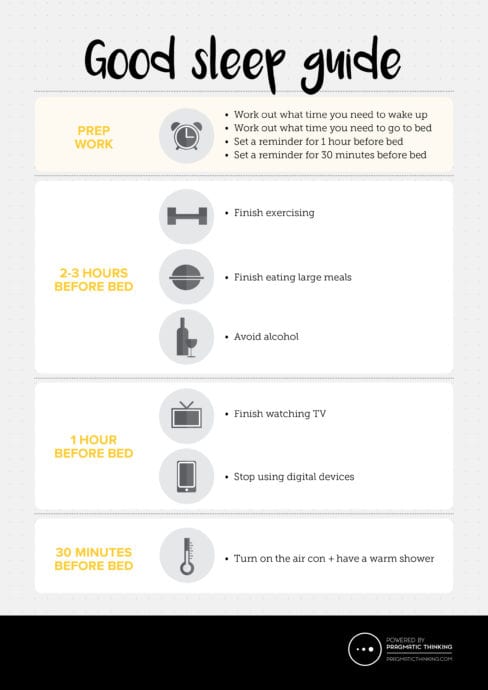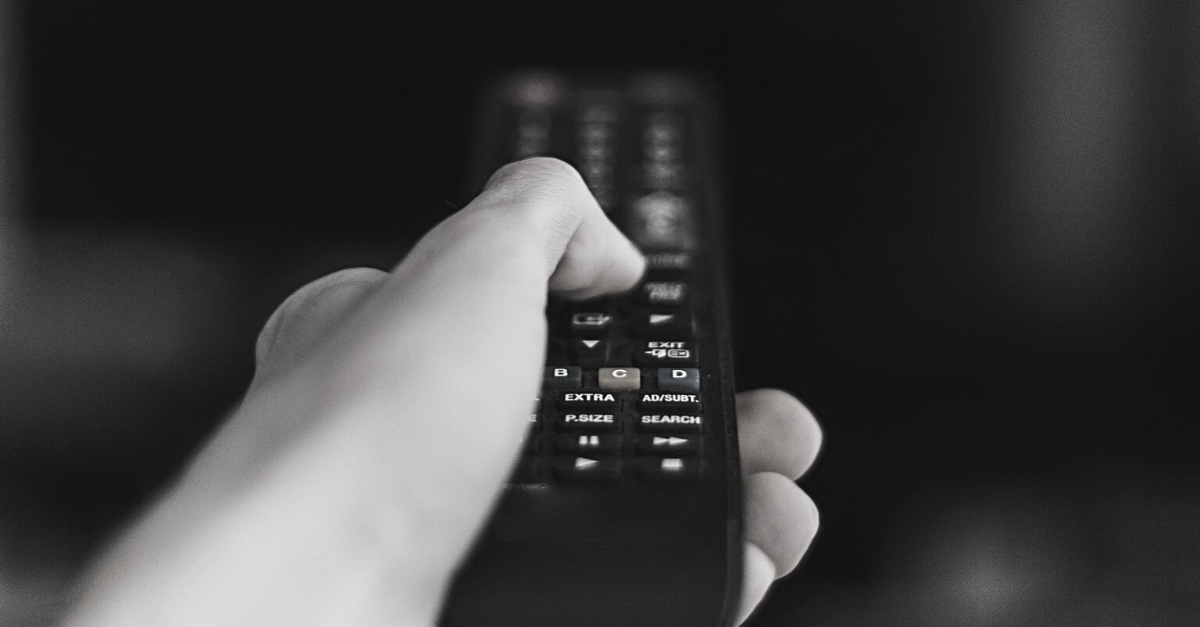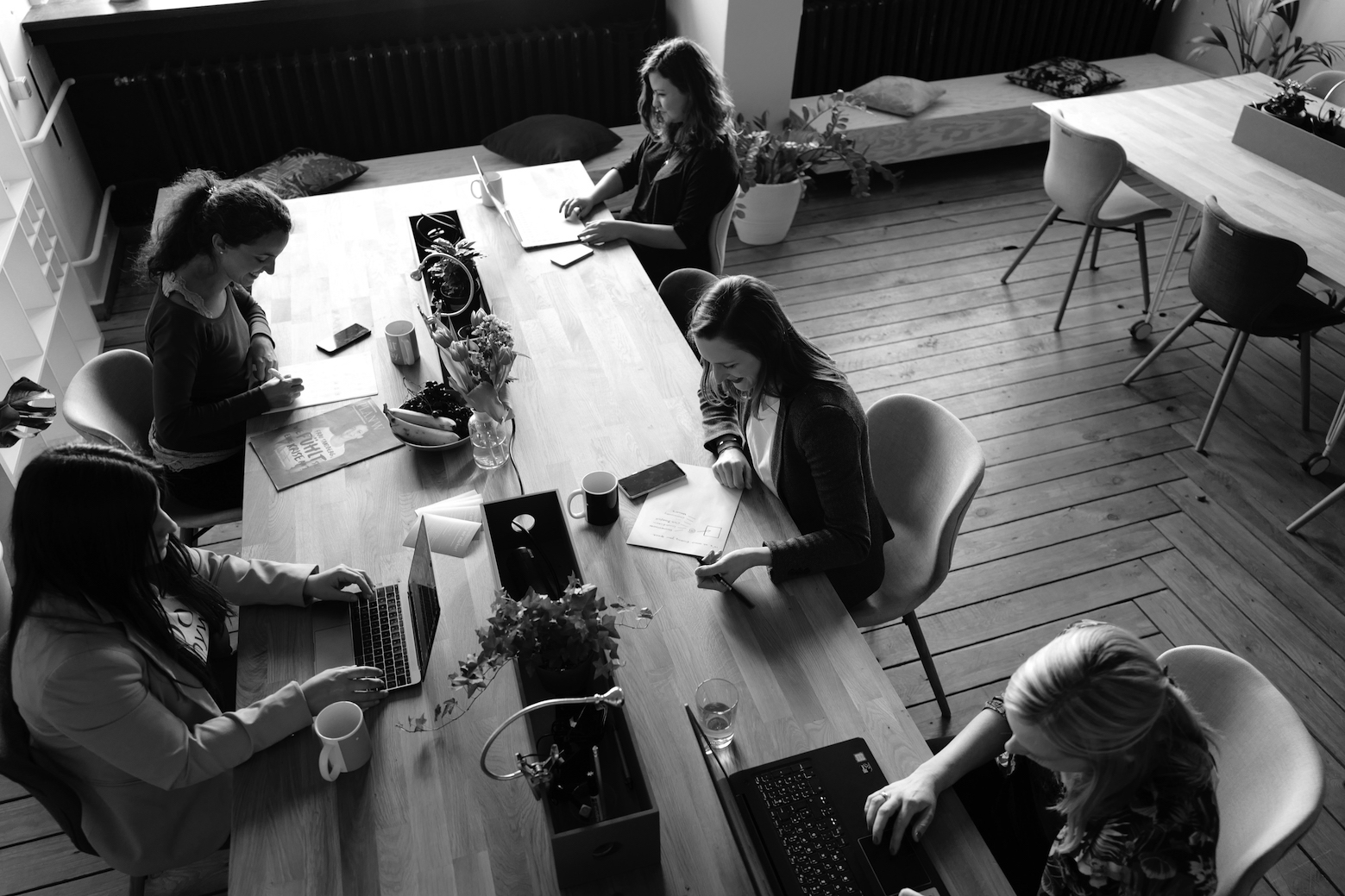World Sleep Day is upon us. That’s right, we’ve circled the sun once more and the calendar has ticked over to what is, for many of us, an opportunity to feel vaguely shamed by how little quality sleep we are getting. Woo-bloody-hoo, right?
Okay, in reality, this is probably the first time you’ve heard about World Sleep Day. While this hurts my feelings a little bit, because it’s my second favourite day of the year, I’ll live.
This article isn’t about shaming how much sleep you do or don’t get, or giving you a flaming for how low down the totem pole of priorities a good night of rest falls for you. This is a simple, yet practical, guide to better sleep for everyone ranging from parents with young children to under-the-pump-professionals.
So, what is World Sleep Day?
World Sleep Day is a mark on the calendar with the purpose of bringing to light how important sleep is, the dangers of not getting enough sleep, and how sleep deprived we are as a society.
In the words of the World Sleep Society, “World Sleep Day is an annual event, intended to be a celebration of sleep and a call-to-action on important issues related to sleep, including medicine, education, social aspects and driving.”
Simply put, it’s an opportunity to have a good yarn about sleep, and how as a collective we can do better.
What is the research saying about sleep?
To be honest, recent research around sleep is pretty dire. It’s showing that as the world gets faster and more technological, our natural sleep patterns are becoming more and more disrupted.
In 2020 we are, as a society, not getting enough sleep. When you consider the sleep we do get, it’s often of compromised quality.
While it may seem that being a bit sleepy isn’t so bad, studies are showing that getting less than a minimum of 7 hours of sleep per night over the short-term leads to the following:
- Decreased cognitive performance (including memory, concentration, problem-solving and decision making.
- Reduction in cardiovascular capacity (potentially to the tune of a 30% reduction).
- Weight gain and difficulty in building lean muscle mass.
In a nutshell, getting less than 7 hours sleep a night leads to an immediate and dramatic reduction in overall performance.
A question I pose to leaders when I run workplace performance programs is, ‘How much better off would you be with an extra hour sleep, and a 20-30% increase of performance because of it?’.
So, there are the immediate effects, now let’s take a look at what the research* suggests are the long-term impacts of compromised sleep:
- Increased risk of cardiovascular health issues (potentially doubled).
- Shorter life expectancy.
- Increased risk of degenerative cognitive disorders.
- Lower immune function (more risk of general sickness and ill-health).
Scary stuff, right? While it is pretty frightening to see it laid out like this, my intent isn’t to make you lose sleep over it (haha).
While the dangers of poor sleep are significant (and in my opinion not to be ignored), for most of us the path to better sleep needn’t be a long or complicated one. In fact, by following this guide, you’ll have a phenomenal chance of levelling-up your sleeping skills, starting tonight.
*There were some pretty serious claims in those bullet points. If you want to dig a little deeper and check out the research sitting behind them, have a read of Mathew Walker’s book ‘Why We Sleep’. There you will find more detail and referencing than I could ever achieve here, and it’s a bloody good read.
The ‘Good Sleep Guide’
A step-by-step process to follow for better sleep.
Step #1: When you wake up, practice gratitude.
If you suffer from poor sleep, you may find that your bed has become a place of negative feeling and emotion. As you may expect, this is only going to hamper your chances of future nights of good rest. It’s hard to relax in a place you hate being in, right?
If this is you, a good start is to create a positive association with the place you lay down each night. This can be as simple as acknowledging 1-3 things that you are grateful for each morning. That way when you head to bed that evening you are more likely to feel that your bedroom is a place of positive feeling and peace, both of which are conducive to falling asleep faster and staying asleep longer.
Step #2: 2-3 hours before bed, wrap up exercising and eating larger meals.
Let’s start with exercise. Exercise is something that often will help you sleep better that night. It can help to relieve tension from the body and clear the mind. However, you want to make sure you have finished exercising at least two hours before bed.
Why? Because when you work out you place your body in a state of (good) stress. Your body and mind need time to slow down from this before you will be ready to doze off. So, make sure you plan your workouts so your system has enough time to prepare for sleep.
Similar to exercising before bed, eating a large meal before you try to sleep will often prevent you from getting a good night’s rest. This is because both digesting food and sleeping require a lot of energy, so it’s best to only ask your body to do one at a time.
Pro tip: light snacks such as fruit are fine right up until bed.
Step #3: Avoid booze before you snooze.
Many people think that having a cheeky bevvy before bed helps them sleep. I call this The Nightcap Myth. The truth is that alcohol is NOT a sleep aid; it is, in fact, a mild sedative. And while being sedated may feel like being asleep, they are neurologically very different states which have very different effects on both the mind and body.
If you are getting the sense that I’m ranting and this is a pet-peeve of mine, you’re absolutely right. So rather than me continuing to bang on about it here, feel free to head over here to learn how avoiding booze can help you get better quality sleep.
Step #4: Schedule your sleep.
A lot of the tips in this guide are to help you maximise the time you are in bed; helping you to fall asleep faster and to give you a better shot at sleeping through the night.
However, the bottom line is that you need to be in bed for the amount of time our biological makeup demands, otherwise these other tips just aren’t going to have the same impact.
Adult Homo-Sapiens need 7-9 hours sleep a night to be at our best. There’s no getting around it. No negotiating. It is what it is.
In saying this, exactly how much sleep you need depends on a variety of factors including age, genetic makeup and level of activity. To make it simple, let’s aim for 8 hours of sleep.
Now, for the fun part. Work out when you need to be awake by, work backwards by 8 hours. Boom. It isn’t rocket science by any means, but scheduling your sleep to make sure you get enough of it is well worth the effort.
Step #5: 1 hour before sleep, ditch the screen(s).
Chances are that you’ve heard how blue light emitted from most ‘screens’ inhibits your brain from releasing melatonin, which is a key component to ‘sleep pressure’ AKA feeling sleepy.
Case in point is if you’ve ever been camping with no screens, felt tired at what feels like 11 pm, checked the time and found out it’s barely past 7 pm. In this scenario, your brain is simply allowed to release melatonin earlier and makes you feel tired, rather than being artificially delayed by your rampant Netflix and Candy Crush addiction.
In an ideal world, to stop yourself from being a victim of your technology, you wouldn’t look at any screens once the sun has gone down in the evening. For most of us though, myself included, this just isn’t practical or remotely enjoyable.
To give your brain a chance to do what it knows is good for you, and get those sweet melatonin juices flowing, get disciplined around not looking at your screens a minimum of 1 hour before your bedtime.
Step #6: 30 minutes before bed, bio-hack your sleep.
Alright, we are coming to crunch time when our head hits the pillow. Let’s have a look at a couple of strategies that when used in combination with each other quite literally kick-start your system into sleep mode.
Strategy 1: Have a hot/warm shower. This will send blood to your skin and extremities. Sounding weird so far I know, but stick with me…
Strategy 2: Before you jump in the shower, turn on your air-conditioning.
I know what you’re thinking ‘Woah there big spender, we don’t all have Visa-cards made of gold’. The truth is, I won’t buy lottery tickets but I WILL spend money on cooling my room down before bed. Why? Because when you walk out of your steamy shower into that crispy cool room, something pretty cool happens inside your body.
The cold shock will cause blood to rush from the outside of your body into your internal organs. This presses the ignition on your Parasympathetic Nervous System (responsible for your rest and digest functions), priming you for relaxation and rest.
All of a sudden you will likely find yourself feeling cosy and ready for a solid 8 hours of the single greatest recovery agent we have available to us: sleep.
Final thoughts.
I’ve given you a lot of information in the form of handy tips. Hopefully, you are feeling empowered and energised. I’d understand, however, if you were feeling a touch overwhelmed by how much sleepy goodness there is to digest in this article.
My recommendation (as always) is to pick the one, or maybe two strategies that you feel are going to give you the most leverage over your sleep. Put them into practice tonight.
Chances are putting even one of these tips into practice will cause some disruption to your nightly routine, so if you. don’t 100% nail your chosen tip the first time, don’t sweat it. Go in with the intention of creating better sleep hygiene for yourself, learn from the experience, and go again tomorrow.
Your future well-rested self will thank you for it.
Also, if you want to really make good sleep a priority, download and print off the Good Sleep Guide below.



